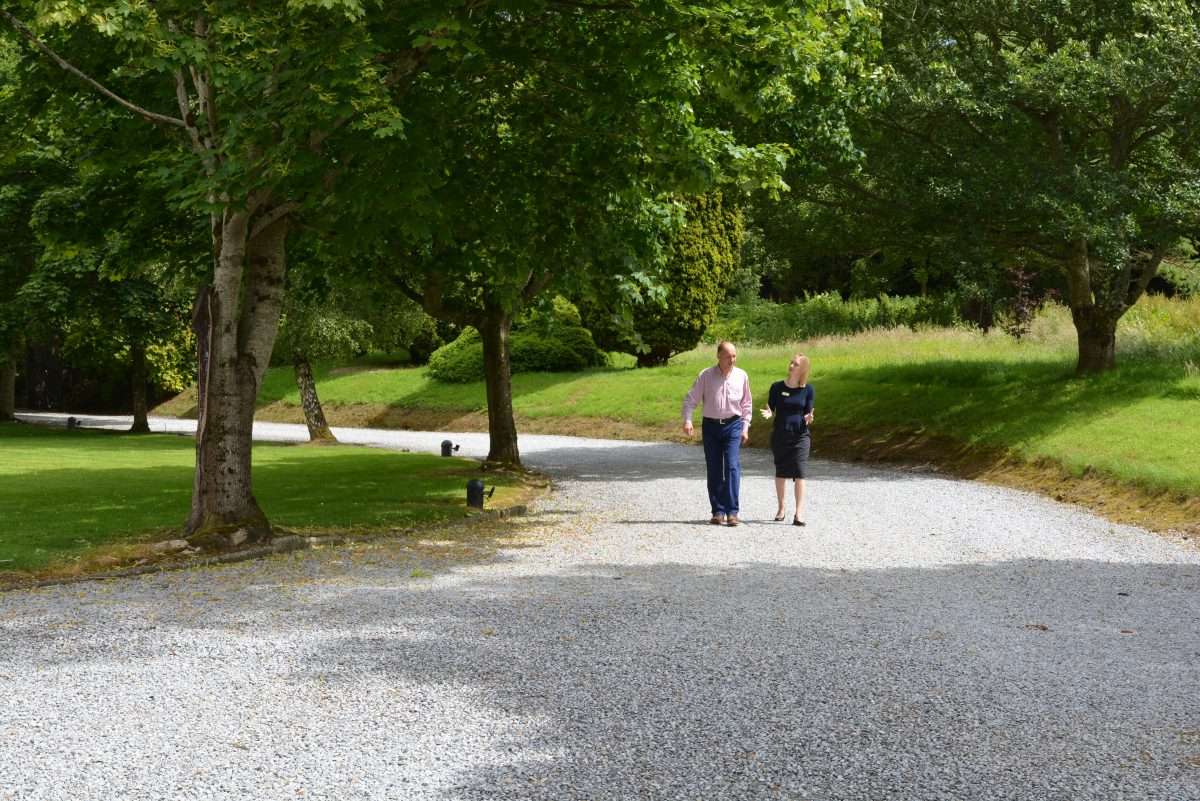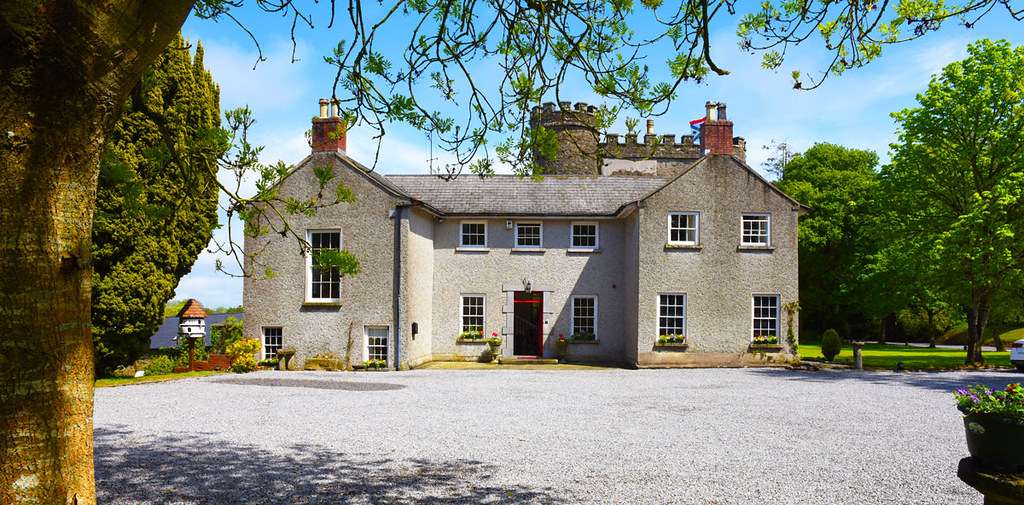
Safe & Expert Addiction Treatment & Detox
Unresolved Grief
At some point in our lives, most of us will experience bereavement and subsequent grief, the natural response to a loss. But grief can be painful, confusing, feel like it will last forever, and even lead to serious long-term health complications such as complicated grief or addiction. Individual experiences of grief vary and are influenced by the nature of the loss. The grieving process can last from months to years but understanding the nature of grief can help people to heal, whatever the circumstances.
The Grief and Addiction Cycle
Unresolved grief can trigger the use or misuse of substances to deal with the pain and the uncertainty of how long the feelings of grief will last. This behaviour can lead to addiction which, in turn, can be exacerbated by unresolved grief.
Grief that has been medicated with addictive substances or behaviours may come through during the recovery process. Grief may be experienced because of a bereavement or time and relationships lost due to addiction.
Emerging grief can trigger a relapse, particularly in early recovery. As such, those struggling with addiction require compassionate and expert care when experiencing unresolved grief as they are likely to be grieving with a compromised set of psychological and emotional tools. A strong recovery programme, support system and sense of self can allow those recovering from addiction to experience grief without self-medicating.
Free & Confidential Addiction Assessment
Taking the first step in seeking help can be very difficult, our team is here to help you.
What Are the Five Stages of Grief?
There is not a typical response to bereavement, as there is no typical bereavement. Grief is as individual as those that experience it.
The five stages of grief, denial, anger, bargaining, depression and acceptance are a part of the framework that makes up the learning to live without the one who has been lost, and can be used as tools to help people identify and accept what they are feeling.
The path of grief is not a linear one, it can be confusing, and generally, the stages of grief aren’t experienced in a prescribed order, or at all. The stages of grief are responses to feelings that can last for minutes or months as individuals move in and out of one and then another.
Denial
Denial can help people survive the loss and the subsequent intensity of what they are experiencing. Denial helps to pace feelings of grief, letting in only as much as can be handled safely. As grief proceeds and acceptance comes through, the feelings being denied begin to emerge.
Anger
Anger is a necessary part of the healing process, and the more individuals can allow themselves to feel it, the quicker it dissipates. Anger can cover other emotions that people aren’t so used to handling. It is normal to experience anger at friends, doctors, family, oneself, the loved one who died, and God if they are a person of faith. Anger can provide an anchor to reality when grief feels all-consuming.

Get Help and Advice for Your Addiction Today
Bargaining
After a loss, people can feel as if they want life to return to how it was before the passing of a loved one, to go back in time. Commonly people attempt to control this through bargaining with the truth. “What if…?” questions are asked and “if only…” statements are made. It might be that someone in this phase tries to negotiate their way out of the pain.
Depression
After bargaining, most find themselves landing in the present when grief is experienced more deeply. Some may feel that the depression stage will last forever. Grief-related depression is not a sign of mental illness but a normal and appropriate response to a bereavement. The realisation that a loved one is not coming back is understandably depressing and depression is a necessary part of healing.
Acceptance
Acceptance is not being okay with what has happened, it is arriving at a sense of accepting the reality that a loved one has permanently gone. Acceptance is learning to live with this new reality and that life has been forever changed. Acceptance may be experienced as having more good days than bad days, listening to our needs, and investing time in relationships, work and hobbies again.

What Is Complicated Grief?
Complicated grief, also known as prolonged grief disorder, traumatic grief, and persistent complex bereavement disorder, is a mental disorder developed following the death of a family member or close friend. People with complex grief are preoccupied with bereavement and feelings of loss to the point of significant distress and impairment, which can manifest in a variety of symptoms.
In March 2022, complicated grief was added as a mental disorder in the Diagnostic and Statistical Manual of Mental Disorders, Fifth Edition, Text Revision (DSM-5-TR).
Symptoms of complicated grief include suicidal ideation or attempts on one’s life, difficulty performing everyday tasks, reduced quality of life, and immune dysfunction. Rumination about the loss, a strong desire for reunion with the deceased loved one, or disbelief that the death occurred are also common. Those experiencing complicated grief can feel as if they are not the same person anymore (affecting their identity), become emotionally disconnected from others, or lack the desire to ‘move on’ for fear of betraying the deceased loved one in some way. Research suggests that symptoms of complicated grief can last up to three years post-bereavement.
How extreme symptoms are is dependent on subjective closeness and the person’s relationship to the deceased loved one. For example, spouses or partners, parents, and children of the deceased tend to display more symptoms than siblings, in-laws, and friends.
Quick Assessment & Admissions

Difference Between Normal Grief and Complicated Grief
Grief is a normal, temporary, and expected response to bereavement. However, only a minority of people will experience complicated grief which is prolonged and intense acute grief symptoms accompanied by an array of complicated thoughts, feelings, and behaviours.
While grief is different for everyone, there are some common experiences and emotions following a loss that include:
- crying or uncontrollable sobbing
- insomnia
- listlessness
- apathy
- changes in appetite (over or under eating)
- isolation or reduction in social interactions
- poor concentrating
- feelings of anger, guilt, loneliness, depression, emptiness, and sadness
The symptoms of complicated grief can include many of the above with the addition of:
- suicidality or attempts on one’s life
- intense feelings of sadness, pain, hopelessness, and emptiness
- avoidance of any triggering reminders of the loss
- extreme anger, irritation, and rage
- inability to focus on anything other than loss
- problems accepting the reality of the loss
- substance misuse or risk-taking behaviours

Download our Brochure
Why Is Grief Counselling Necessary?
Grief counselling might be included as part of a patient’s personalised treatment programme if necessary. At Smarmore Castle we understand that addiction is a complex problem, and no patient is the same. Hence we create a tailored programme according to a patient’s needs following a thorough physical and psychological assessment.
To experience long-term freedom from addiction, it is important to go through the natural process of grieving which grief counselling supports in a safe environment. Acceptance and closure are the aims of grief therapy.
At Smaremore Castle we see grief resolution as a key part of finding freedom from addiction and experiencing sustained sobriety. As such, we run bereavement therapy groups and individual sessions for those affected by grief. In treatment we teach clients about the five stages of grief and how to cope with them, so they can learn to understand and manage their feelings around loss and more generally.

Reaching Out
Contact Our Admissions Team Today
If you would like more information about grief counselling and the addiction treatment programme provided by Smarmore Castle, please contact our admissions team for more information.